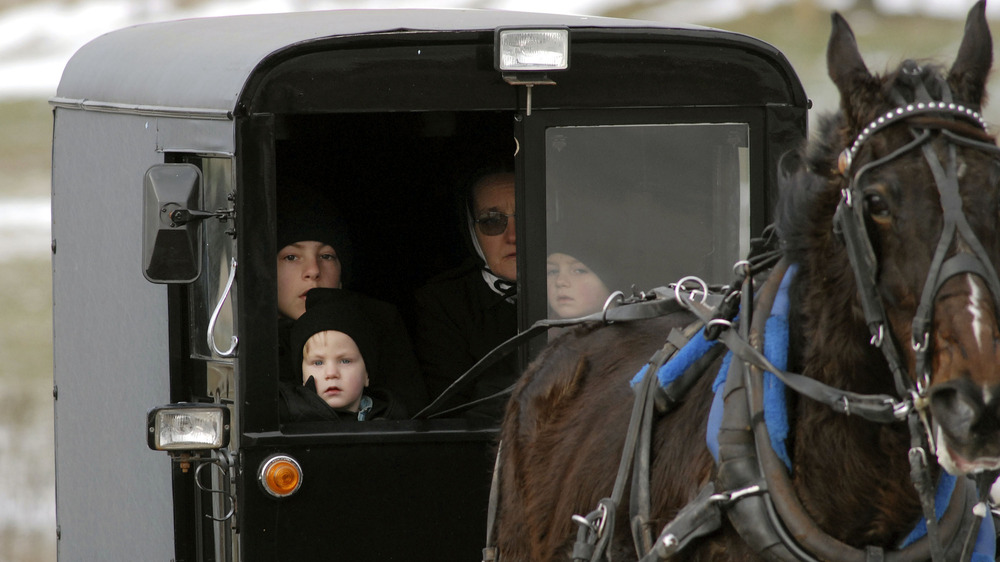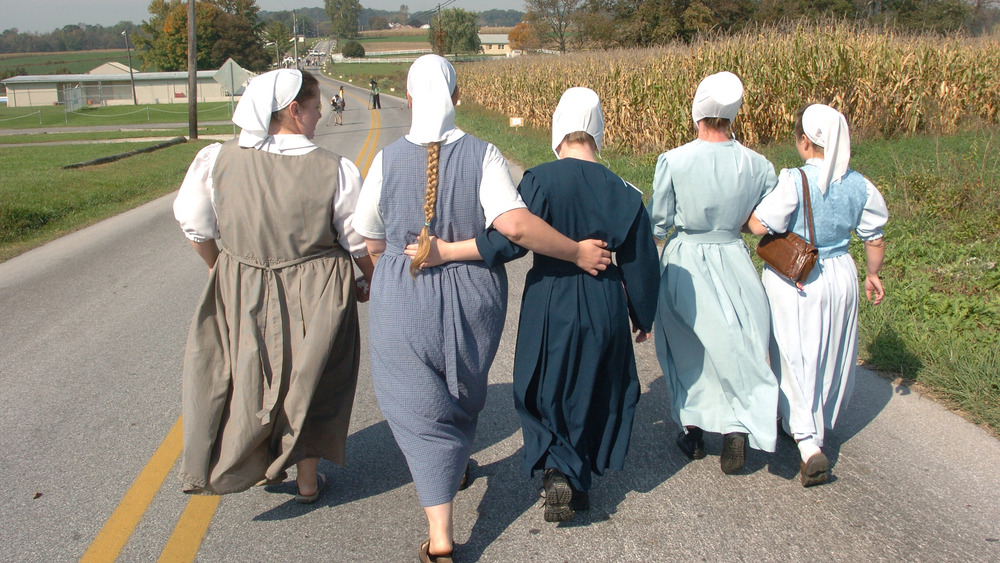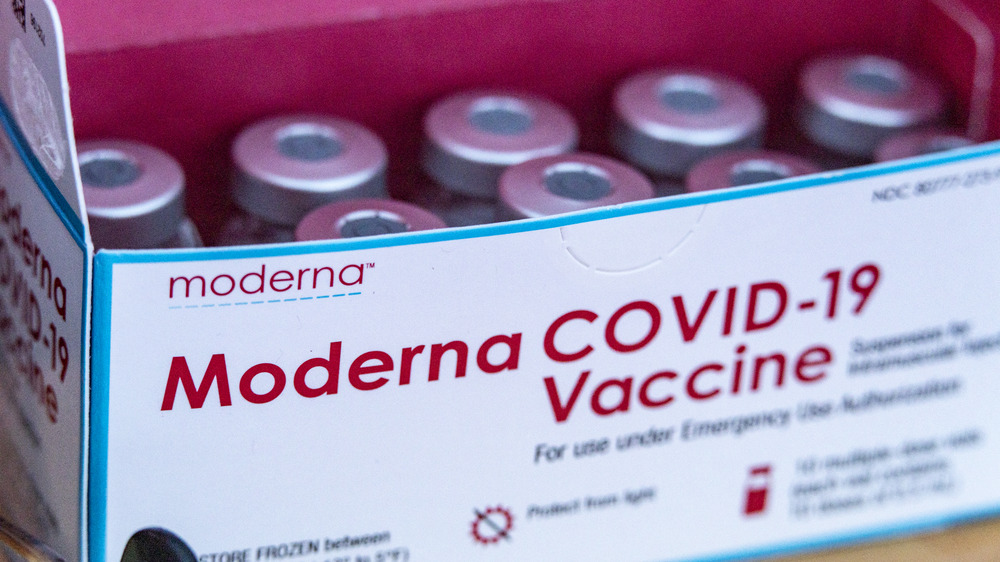Is This The First Community To Reach Herd Immunity From COVID-19?
When COVID-19 spun out of control to become a pandemic in March 2020, there was some concern that the country's Amish and Mennonite communities, located in Lancaster County, Pennsylvania, were particularly vulnerable to the disease because of the more archaic way with which they viewed illness as a whole. As Ruth Lapp, one Amish mother, told the York Daily Record: "It's important that your body fights on its own... most of the time it can fight its own things. And it's not that we're against doctors, but we try to take care of ourselves first," she said. "If we go to the hospital, we would probably be exposed to more germs."
So perhaps it should come as no surprise that these communities were brought to their knees when COVID-19 swept through the country. Medical experts estimate that around 90 percent of Amish community families may have had at least one family member who has had the illness, which didn't exactly surprise the Amish and Mennonites themselves. "So, you would think if COVID was as contagious as they say, it would go through like a tsunami; and it did," Allen Hoover, administrator of the Parochial Medical Center and an Old Order Mennonite says (via The News&Observer).
Safety precautions have been relaxed in these communities
Because the rates of infection for the Mennonite and the Amish communities were so high, there is a belief that the groups could have done what no other communities in the country have been able to do: that is, achieve a level of herd immunity against the COVID-19 virus. Unfortunately, this has not only led most members of the communities to relax prevention measures, like mask-wearing and social distancing, but it has also given them reason to think that vaccinations are not necessary.
Health experts worry that this way of thinking could be problematic because even if they did achieve herd immunity, the Amish and Mennonite communities' exposures to past infections only gives them antibodies with a limited amount of protection (via Associated Press). University of California, Riverside professor of biomedical sciences David Lo says: "You can have a long period where you think everything is OK, but you have this whole population that's susceptible, all it takes is one person who's contagious to give you this sudden outbreak."
Herd immunity without vaccination is not possible
The signs, so far, are encouraging that the Amish and Mennonite communities have in fact developed some level of herd immunity. Allen Hoover tells The Associated Press that no patient with COVID-19 has shown up at the health center for about six weeks. Washington State University infectious disease expert Eric Lofgren says it might be unusual to hear about a community reaching herd immunity, but if true, the group would be "the first general population in the United States that's done it." Unfortunately, the group isn't keen on getting tested, so there is an element of scientific uncertainty surrounding that claim.
But if the community can use that to avoid COVID-19 vaccinations, medical experts, like Dr. Mike Cirigliano at the University of Pennsylvania's Perelman School of Medicine, say banking on the idea of herd immunity for this is flawed, particularly because there are new COVID mutations which have been appearing on the medical horizon. "We don't really know how long you're protected and we've seen cases where people get re-infected," Dr. Cirigliano tells Fox 29. He added, "I don't personally believe that we will reach herd immunity going forward without the use of vaccination. "


